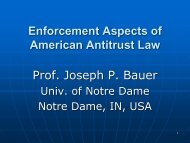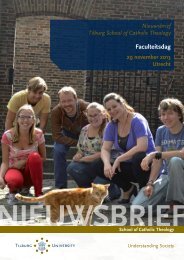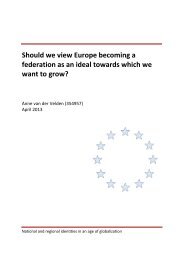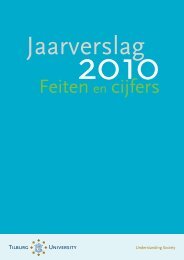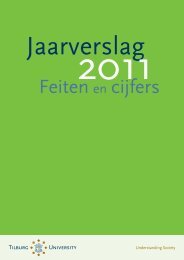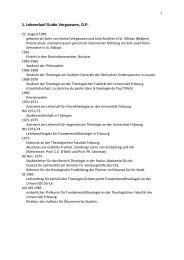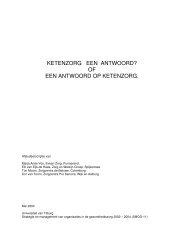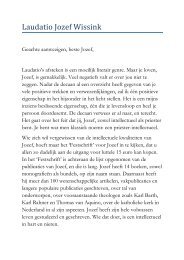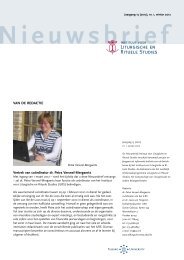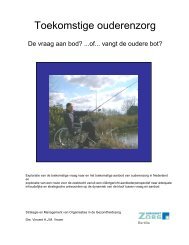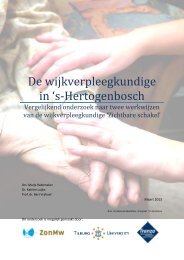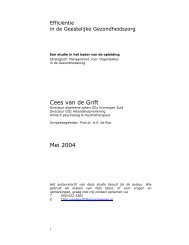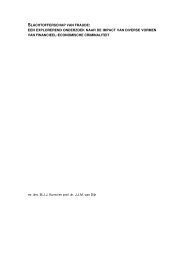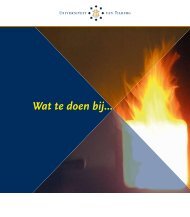Here - Tilburg University
Here - Tilburg University
Here - Tilburg University
Create successful ePaper yourself
Turn your PDF publications into a flip-book with our unique Google optimized e-Paper software.
Presenter<br />
Liao, Tim F.; <strong>University</strong> of Illinois<br />
Authors<br />
Tim F. Liao, <strong>University</strong> of Illinois; Anette Fasang, Yale <strong>University</strong><br />
Title<br />
A Permutation Test for Comparing Groups of Social Science Sequences<br />
Abstract<br />
Sequence analysis has seen recent advances as well as wider applications<br />
in the social sciences. However, no formal way exists in the literature for<br />
directly comparing groups of sequences to determine whether they are different<br />
in a statistically meaningful way. To fill this gap, we propose a permutation test<br />
for comparing groups of social science sequences. We view a typical social<br />
science sequence such as life-course or employment-history sequences as<br />
having certain characteristics such as transition to first marriage, first birth, or<br />
first job, that contribute some unique information. Therefore, in addition to<br />
proposing a permutation test for comparing overall sequence-group differences<br />
via sequence-based distance such as the Levenshtein distance, we propose to<br />
apply the permutation test on statistics that isolate specific aspects of<br />
sequences. Examples of such statistics include the relative frequency of<br />
transitions and the timing of certain events. We apply the test to both simulated<br />
groups of sequences and data from the German Life History Study (GLHS) on<br />
family formation of East and West German women.



